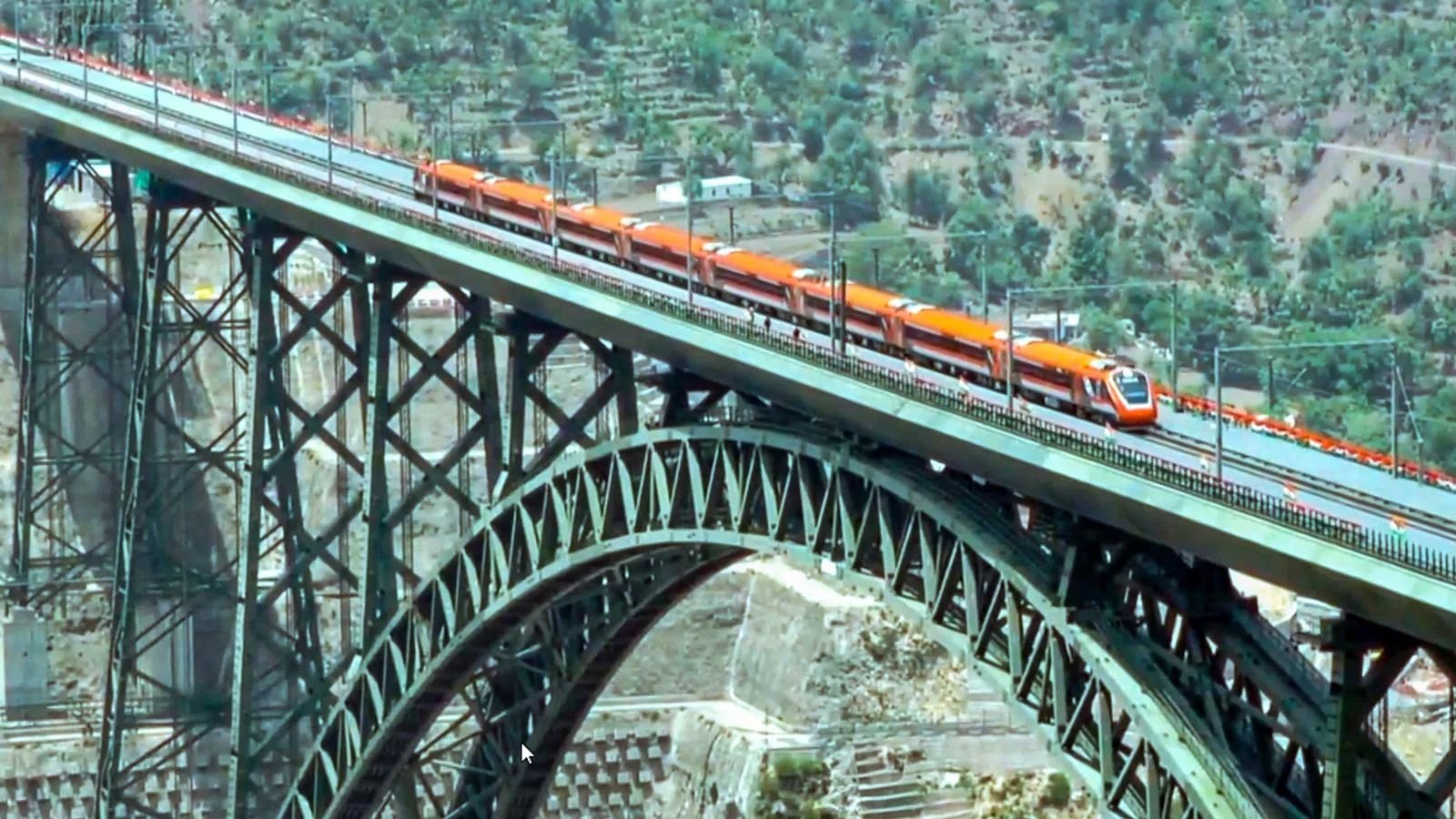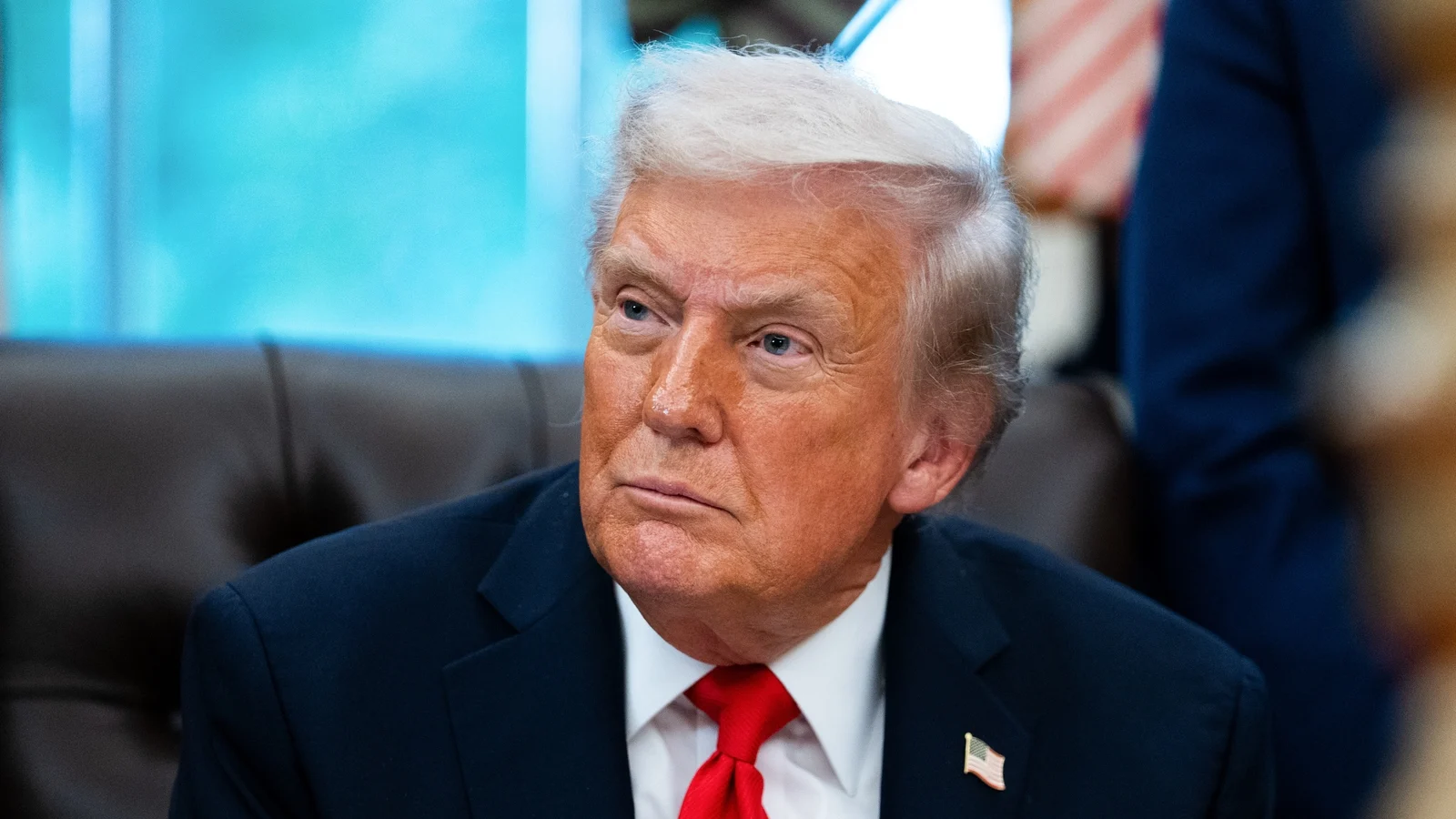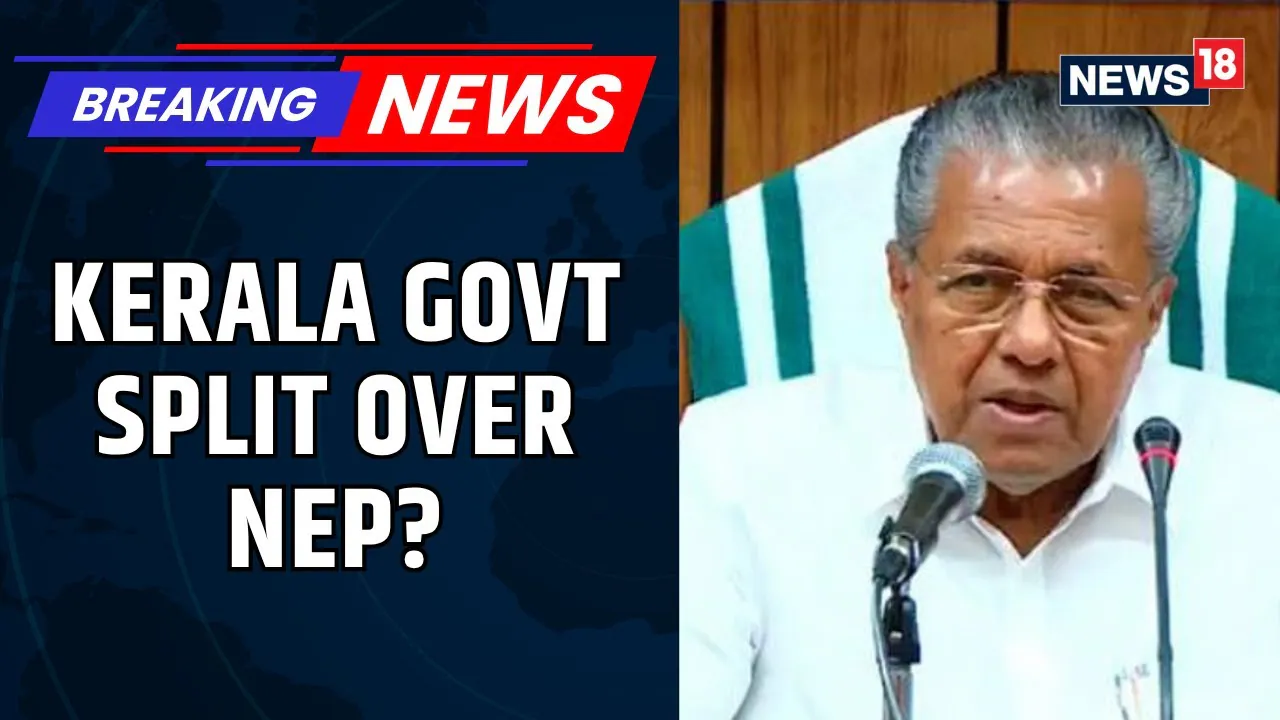Copyright news18

Until 2019, no big economic giant had even dreamt about investing in Kashmir. However, during the past six years, the situation has changed. The uncertainty and chaos that prevailed for more than three decades has ended. Pakistan-sponsored terrorism is on its last legs in the region, while the ones who preached separatism have lost their addresses. The improvement in the security situation has led to Kashmir becoming vibrant and a lively place. It’s no more the “terror capital” of India; instead, the Valley has emerged as the “tourism capital” of the country. It’s an established fact that Kashmir’s economic future depends on the political will and determination of the leadership to fill in the void. For a long time, Kashmir, despite having immense potential, didn’t see the economic growth which it should have witnessed. Kashmir paid a heavy price for the misplaced priorities of the mainstream leaders, who thrived on conflict rather than development. They never made any attempt to make the situation conducive for economic giants to enter into Kashmir and invest in the region. For a long time, the big business houses, which have set up their units in Kashmir during the past few years, were stopped by the leaders with vested interests to explore Kashmir. They never allowed the Valley to get connected with the rest of the country as they were aware that once the darkness ended, they would become irrelevant. Instead of opening doors to industries, mainstream leaders kept them firmly shut. For decades, they thrived on keeping the youth disillusioned. These leaders knew that an empowered, economically independent Kashmiri youth will not fall prey to propaganda or divisive politics. So, rather than creating jobs and opportunities, they somehow played into the hands of Pakistan and its stooges in Kashmir. They allowed a cycle of violence and conflict to continue so that the entire blame could be shifted on New Delhi and they would get a reason to hide behind their failures. Mainstream leaders in Kashmir had built a narrative that outside investments, and the big corporate houses entering into the region, would threaten the identity of the people. They kept Kashmir deprived of progress and prosperity for more than seven decades. Kashmiri leaders never made an attempt like the then Chief Minister of Gujarat, Narendra Modi, to invite Tata Motors to relocate their Tata Nano plant from Singur in West Bengal to Sanand in Gujarat. The then Chief Minister of Gujarat had intervened as the project faced protests in Singur. He offered land, infrastructure, and full support within days. That one decision transformed Sanand into an industrial hub, attracting billions in investment and creating thousands of jobs. The message was clear — leadership that welcomes investment builds prosperity, while those who resist it breed unemployment and unrest. No Kashmiri leader can claim that he ever tried to invite any big business house to Kashmir. Under the garb of safeguarding the so-called identity of the people, these leaders ensured that Kashmir remained a “deprived land” and a “conflict zone” so that they could enjoy the perks and the privileges. These so-called “champions” of Kashmir’s identity ensured that no industries reached Kashmir. Their indifference led to agriculture, tourism, and manufacturing sectors getting ignored. Their politics was based on creating hostility and animosity. They ensured that they propagate the theory “outsiders taking over” Kashmir. They used conflict to benefit themselves and kept on adding fuel to the fire to cling on to the power. History stands testimony to the fact that New Delhi has always gone out of its way to help the Valley. The multi-crore Udhampur-Srinagar-Baramulla Rail Link project that connected Kashmir with Kanyakumari stands as living proof that the region has always been a national priority. The Centre has time and again extended its hand for Kashmir’s economic integration — from special industrial packages to tourism initiatives and infrastructural investments. It’s unfortunate but true that on the ground, vested interests sabotaged Kashmir’s progress for more than 70 years. Be it industrial estates left incomplete, tourism circuits half-developed, or start-ups facing bureaucratic strangulation, the resistance didn’t come from Delhi but from within Kashmir’s political ecosystem itself. The time has come to question the leaders who kept Kashmir in the dark for years together. They need to be held accountable and told in clear terms that their days are over. The new leadership needs to take over to break the cycle which kept the Valley deprived of peace, progress, and prosperity. It’s evident that Kashmir has witnessed progress from start-ups and not from slogans. Kashmiris are no more victims but are trendsetters out to tell the nation that they can compete with anyone and are equally capable. Sheikh Khalid is a Kashmir-based columnist, author, and BJP leader. Views expressed in the above piece are personal and solely those of the author. They do not necessarily reflect News18’s views.



